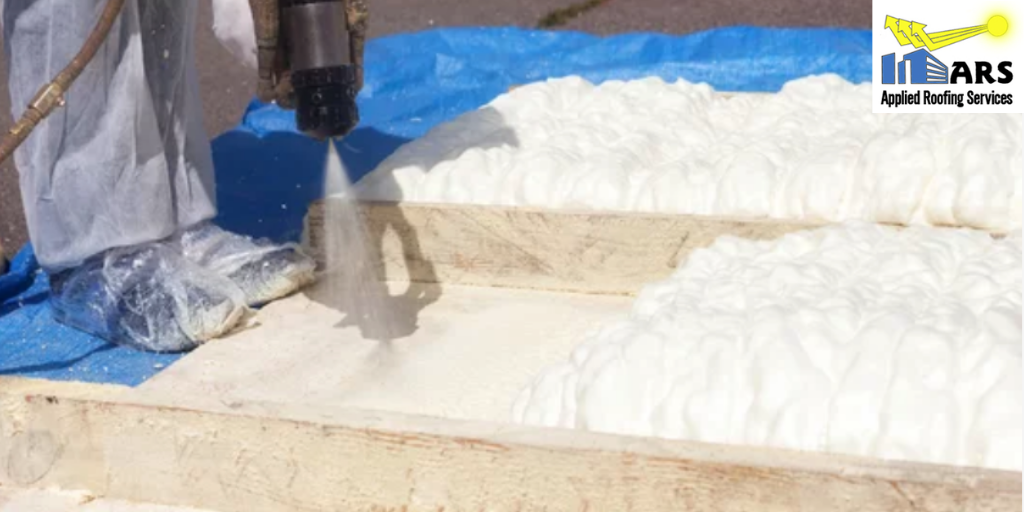


Insulation is essential to maintain the right temperature in a building. Although there are plenty of insulation materials to choose from for your commercial building, polyurethane insulation is the best. Polyurethane reduces energy waste, which keeps your building energy-efficient and minimizes the need for additional heating and cooling.
Polyurethane insulation eliminates thermal bridging, provides air sealing, and minimizes moisture buildup. All of these features help minimize heating and cooling costs, creating a cozy and cost-effective working environment.
R-value (thermal resistance) is the measurement of a material’s ability to prevent heat transfer. It is calculated based on the thermal conductivity and thickness of the material. If the R-value is higher, the material can better insulate against heat transfer. Polyurethane foam insulation has the highest R-value of any other insulation material.
See Also: Pros and Cons of Roofing Systems with Spray Polyurethane Foam (SPF)
Polyurethane Foam Insulation has high insulating properties, which help designers and architects gain more flexibility in the building design. As it is extremely versatile, polyurethane insulation can be sprayed onto almost any surface, including complex interior spaces. When properly sprayed, polyurethane insulation protects structural framing to improve performance and durability, all while forming an airtight seal to prevent leaks.
By providing seamless insulation, polyurethane foam makes your building more airtight and waterproof. Polyurethane foam does not leave gaps between the substrate and the insulation, acting as a barrier to air and moisture. When it is used as exterior insulation, you do not need to install house wrap between your exterior walls and drywall.
See Also: Insulation Basics of Spray Foam Roofing You Should Know
Several insulation materials, including cellulose and mineral wool, tend to settle or sag over time, causing thermal bridges in areas with insufficient insulation and making the building vulnerable to heat loss. However, polyurethane insulation has exceptional dimensional stability. Once applied, its volume will neither increase nor decrease, regardless of the conditions, it is exposed to. All of these valuable benefits make polyurethane foam insulation an excellent choice for your commercial property.
Looking for the best commercial foam roofing in Southern California? Contact us today at Applied Roofing Services to get comprehensive commercial roofing solutions. Get a quote online or call us at 714-632-8418.